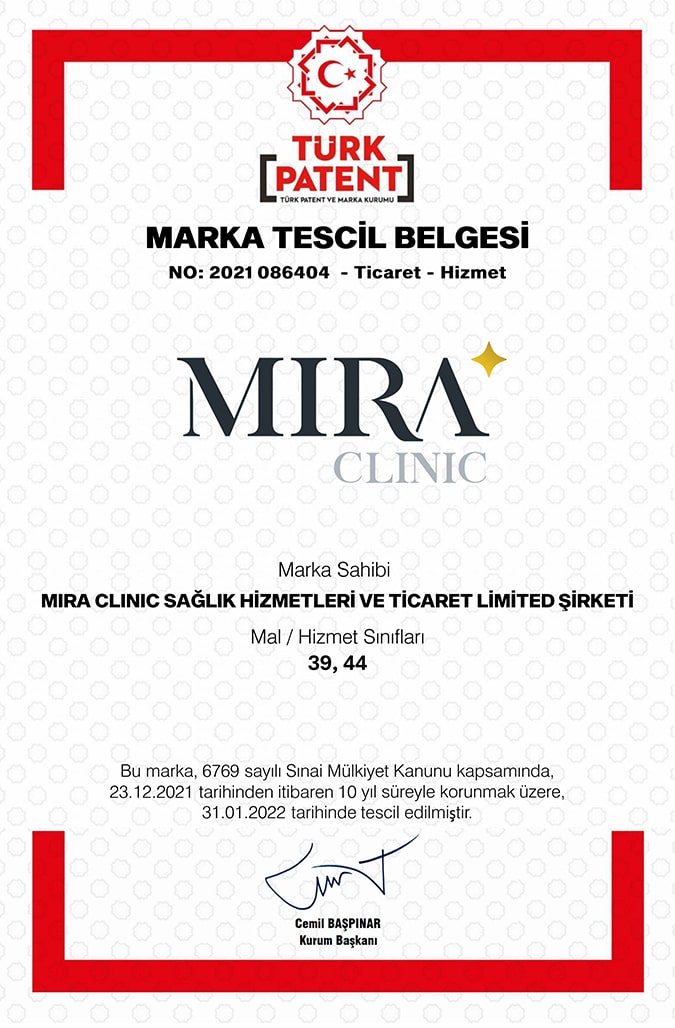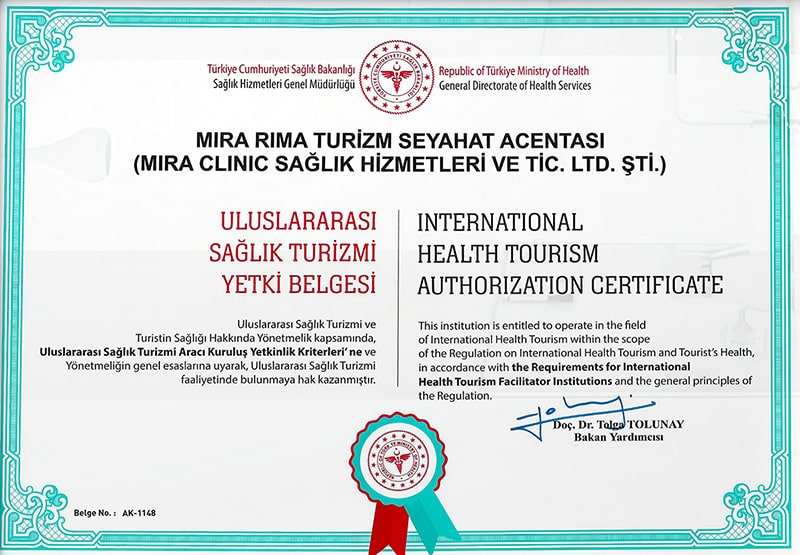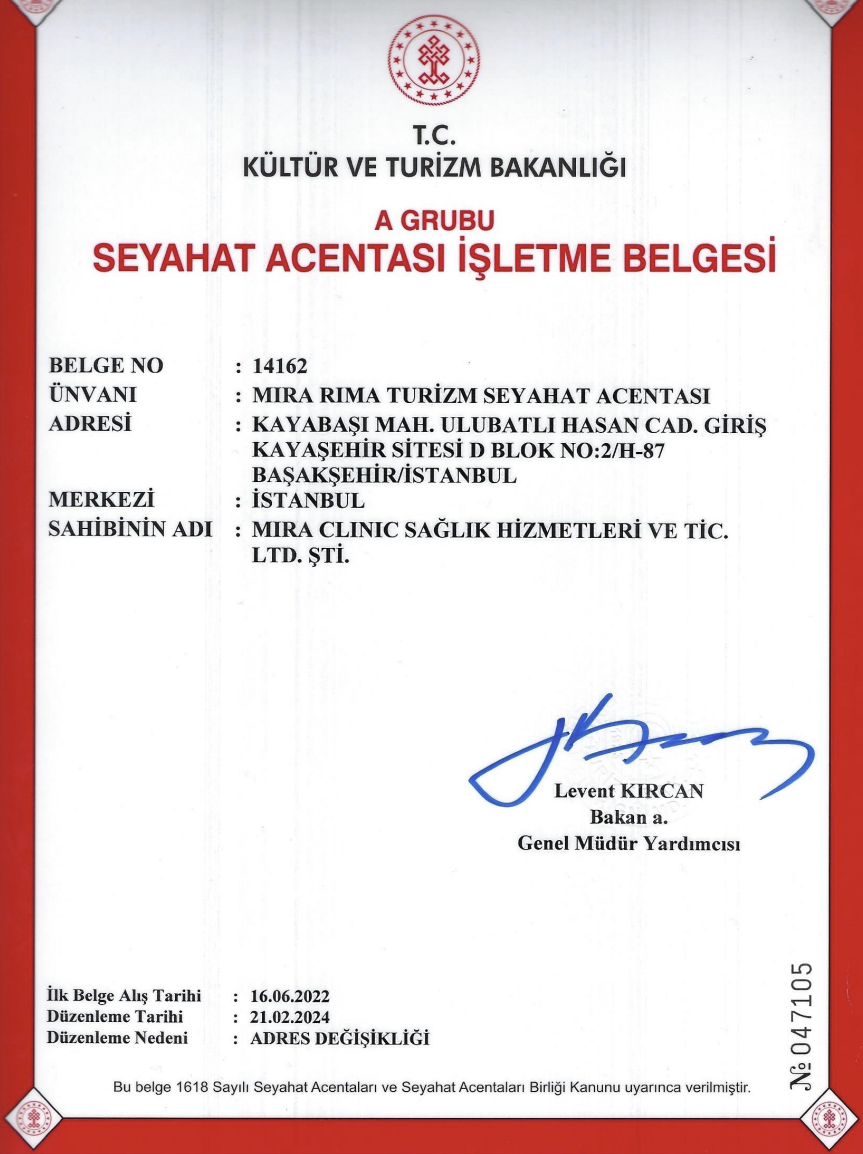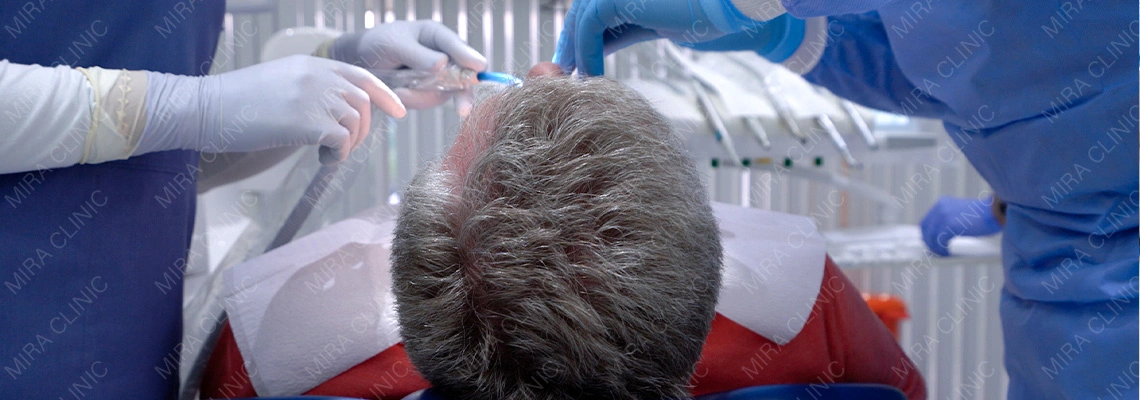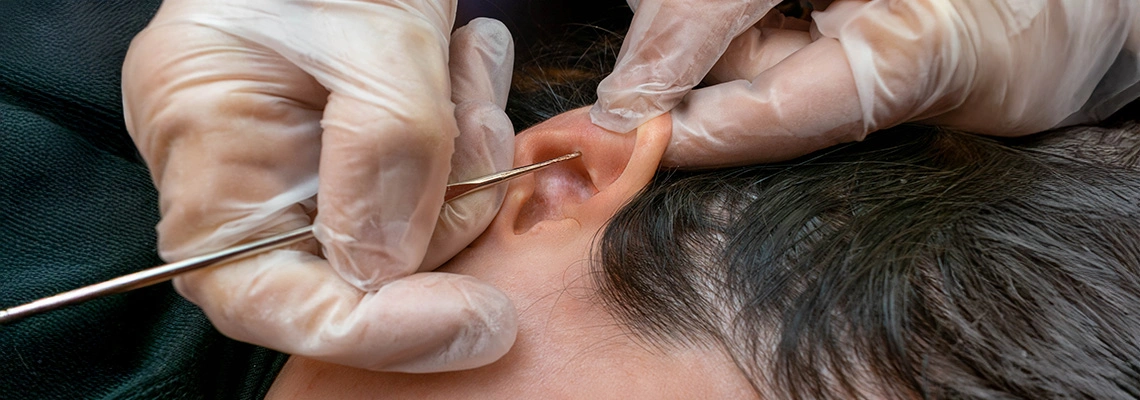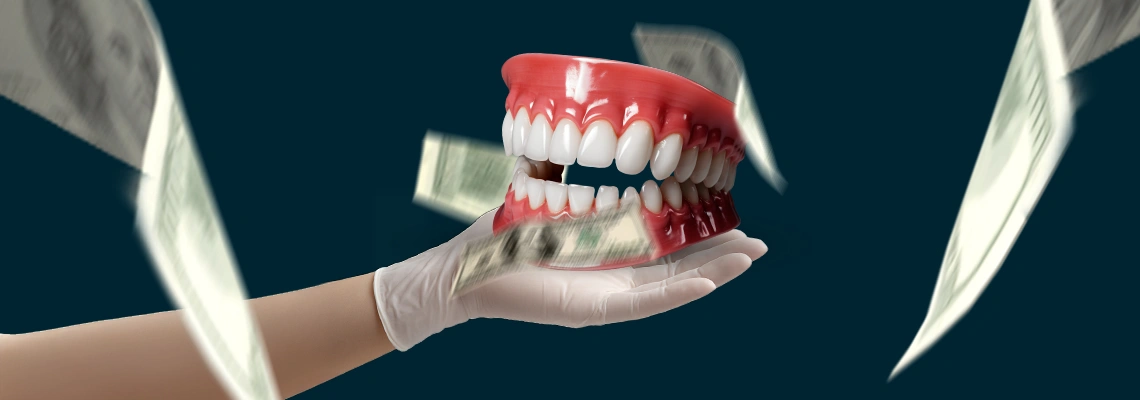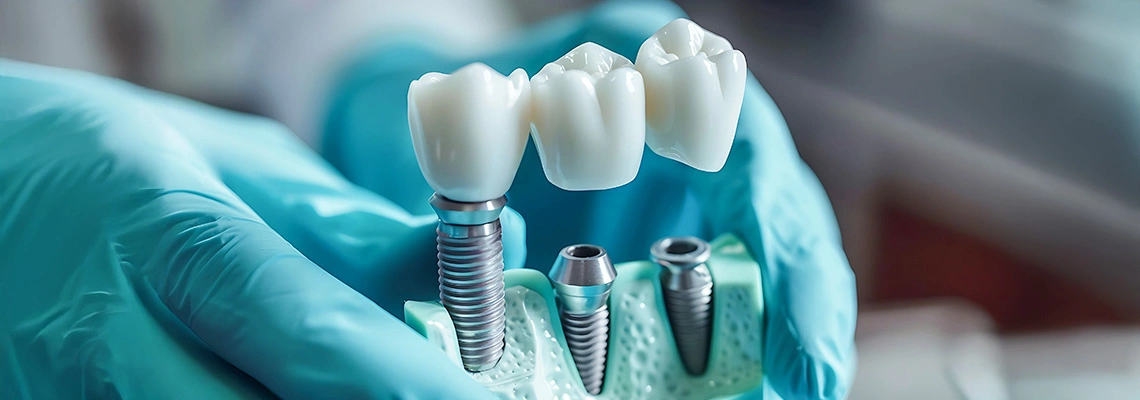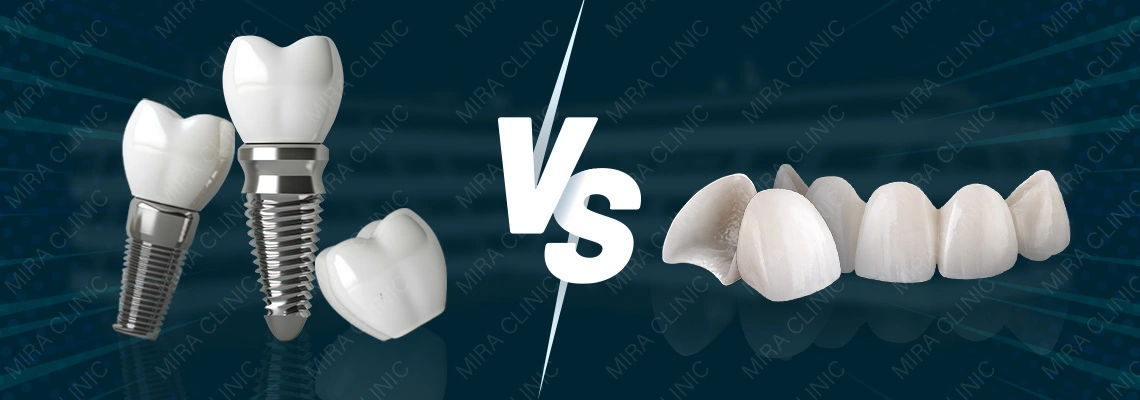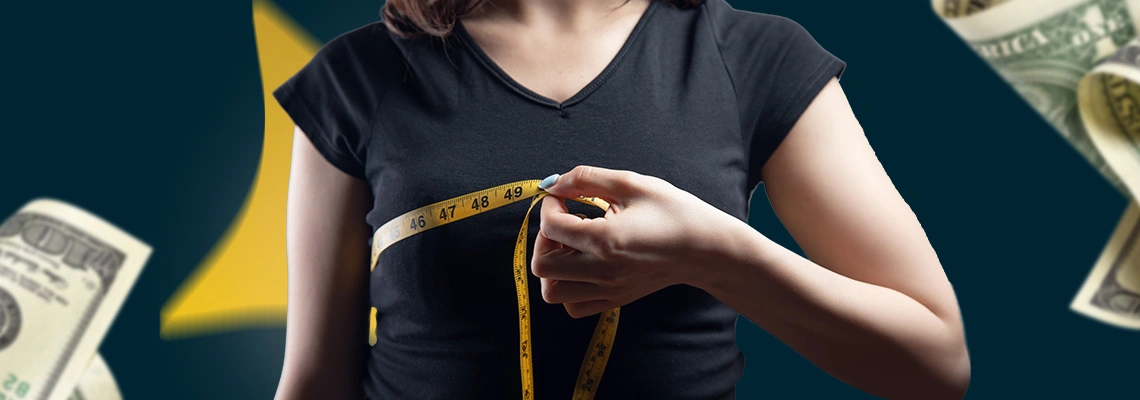Liposuction can reshape your body and boost confidence, but achieving optimal results relies on a smooth recovery. Similar to any surgery, liposuction involves healing, and certain activities can hinder this process or affect your outcome. To maximize the benefits of your procedure and ensure a successful journey, understanding what to avoid in the following weeks is crucial. This article explores six key things to steer clear of after liposuction. Let's start:
Table of contents:
Forget the gym for a while after liposuction! Strenuous exercise like heavy lifting, high-impact cardio, or contact sports is a big no-no for at least 4-6 weeks. Why? Pushing yourself too hard can:
Up your bleeding risk: Intense workouts raise your heart rate and blood flow, potentially dislodging blood clots and causing bleeding.
Make you miserable: Straining your body too soon leads to pain and discomfort in the treated areas.
Hurt your results: In the worst case, pushing yourself can damage the surgical site or compromise your liposuction outcome.
Instead, focus on gentle walks or yoga stretches. These activities keep your body moving without putting excessive strain on the healing tissues and help prevent blood clots. As your recovery progresses, you can gradually ramp up your workouts.
Related articles:
Those compression garments? Wear them as directed by your doctor! They help with:
Reduced swelling: Compression minimizes fluid buildup and inflammation, making you more comfortable and helping your doctor assess results.
Minimized bruising: Pressure from the garment constricts blood vessels, reducing blood flow and bruising for a better post-surgical look.
Enhanced skin retraction: Compression helps your skin shrink to your new shape, creating a smooth, sculpted result.
Skip them, and you risk:
-
Excessive swelling and discomfort.
-
Fluid buildup under the skin.
-
Uneven or bumpy results.
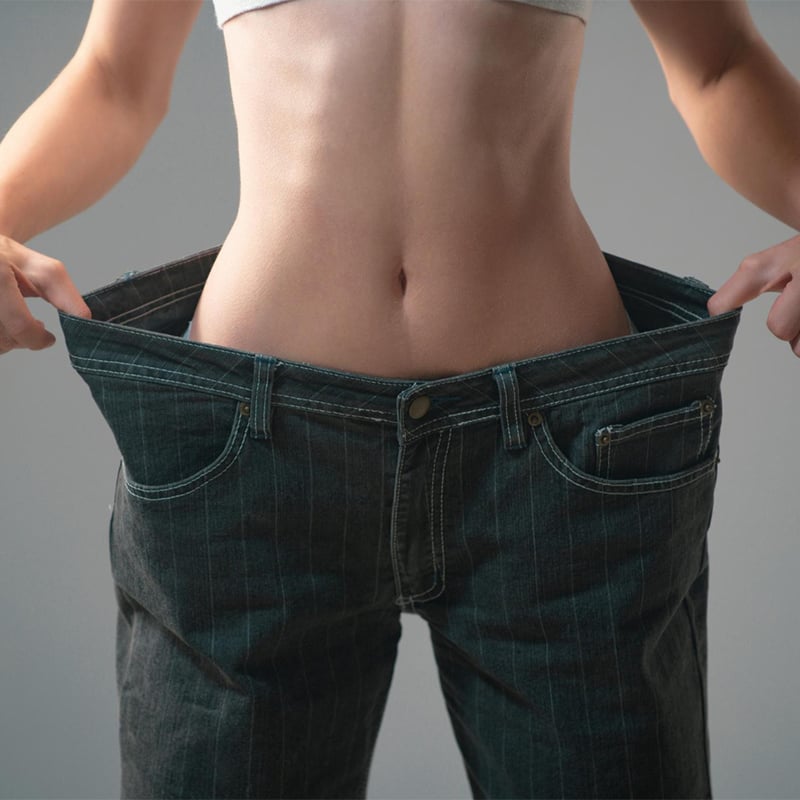
While there's no one-size-fits-all post-lipo diet, there are some things you'll want to avoid. Here's what not to eat after lipo:
Sugary Drinks and Processed Foods: These offer little nutritional value and can contribute to inflammation, hindering healing. Stick to water and opt for whole, unprocessed foods.
Excessive Saturated and Unhealthy Fats: While some fat is necessary, focus on healthy fats from sources like avocados and nuts. Limit saturated and unhealthy fats found in fried foods and fatty meats.
Excessive Salt: Salty foods can worsen swelling, a common side effect after liposuction. Opt for low-sodium options and avoid processed foods which are often loaded with sodium.
By following a balanced diet rich in fruits, vegetables, and lean protein, you'll provide your body with the nutrients it needs to heal properly and support the long-term success of your liposuction procedure. This will help you achieve the sculpted look you desire!
Regular follow-up appointments with your surgeon are an essential part of the post-liposuction recovery process. These appointments allow your doctor to monitor your progress, address any concerns you may have, and ensure a smooth recovery.
Skipping follow-up appointments can lead to several complications:
Unidentified Complications: Early signs of infection or other complications might go unnoticed, potentially leading to more serious issues if left untreated.
Delayed Healing: Without regular monitoring and adjustments to your post-operative care plan, your healing process may be delayed.
Unsatisfactory Results: Open communication with your doctor is crucial for achieving the desired outcome. Skipping follow-up appointments can hinder your doctor's ability to address any concerns or make adjustments to optimize your results.
Smoking and heavy drinking can seriously slow your progress after liposuction. Here's why these habits hinder healing:
Smoking: Cigarettes narrow your blood vessels, restricting the flow of oxygen and nutrients needed for healing. This can also raise your infection risk and delay wound closure.
Excessive Alcohol: Alcohol dehydrates your body, potentially leading to slower healing and increased swelling. It can also interact with medications you might be taking post-surgery.
So, when can I drink alcohol after liposuction?
It's best to consult your doctor for specific guidance. Generally, doctors recommend avoiding alcohol for at least one to two weeks after surgery, and until you're completely off any pain medication.
While liposuction is a relatively safe procedure, complications can occur in rare cases. It's important to be aware of the signs and seek immediate medical attention if you experience any of them. Here are some potential signs of complications to watch for:
Excessive Bleeding: Any signs of significant or persistent bleeding at the incision site require immediate medical attention.
Fever and Chills: These can be indicators of infection and should not be ignored.
Severe Pain: While some discomfort is expected after surgery, sudden or severe pain can be a sign of a complication.
Redness and Swelling: Increased redness, swelling, or tenderness at the incision site could indicate infection.
Early intervention is critical for managing any potential complications and ensuring a safe recovery. If you experience any of these warning signs, don't hesitate to contact your doctor or seek emergency medical attention.
Remember, liposuction is a journey, and you don't have to navigate it alone. Here at Mira Clinic, we understand the importance of information and support after surgery. If you have any questions or lingering concerns, don't hesitate to reach out!
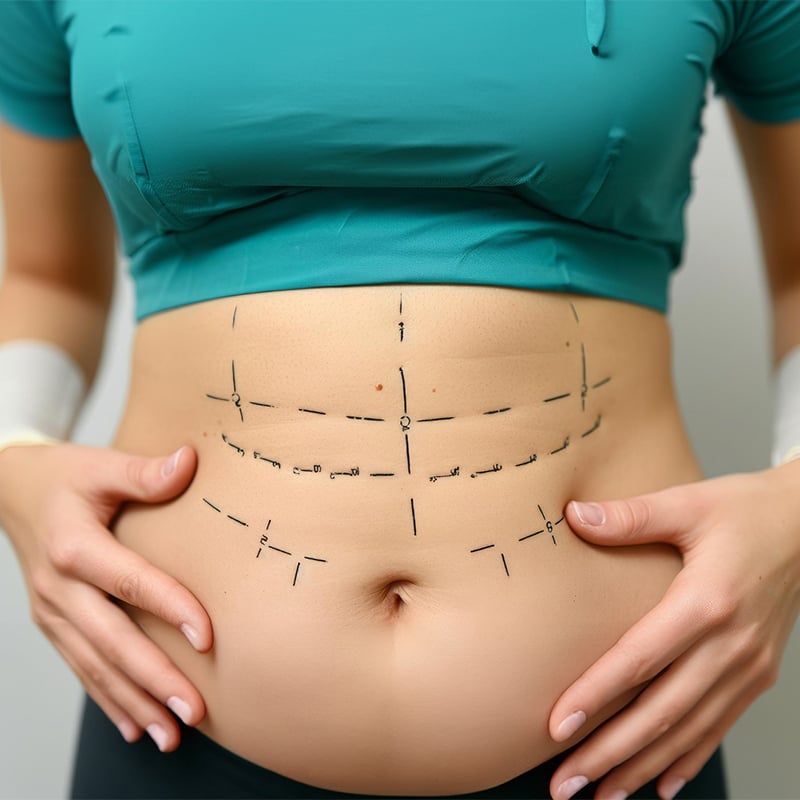
Sources:
- What you need to know about your liposuction recovery
- https://www.plasticsurgery.org/news/blog/what-you-need-to-know-about-your-liposuction-recovery
- Liposuction
- https://www.mayoclinic.org/tests-procedures/liposuction/about/pac-20384586
.jpg)
